-
 bitcoin
bitcoin $87959.907984 USD
1.34% -
 ethereum
ethereum $2920.497338 USD
3.04% -
 tether
tether $0.999775 USD
0.00% -
 xrp
xrp $2.237324 USD
8.12% -
 bnb
bnb $860.243768 USD
0.90% -
 solana
solana $138.089498 USD
5.43% -
 usd-coin
usd-coin $0.999807 USD
0.01% -
 tron
tron $0.272801 USD
-1.53% -
 dogecoin
dogecoin $0.150904 USD
2.96% -
 cardano
cardano $0.421635 USD
1.97% -
 hyperliquid
hyperliquid $32.152445 USD
2.23% -
 bitcoin-cash
bitcoin-cash $533.301069 USD
-1.94% -
 chainlink
chainlink $12.953417 USD
2.68% -
 unus-sed-leo
unus-sed-leo $9.535951 USD
0.73% -
 zcash
zcash $521.483386 USD
-2.87%
How does a decentralized prediction market smart contract work?
Decentralized prediction markets use blockchain and smart contracts to let users bet on real-world events, enabling transparent, trustless trading without intermediaries.
Jul 16, 2025 at 11:56 am
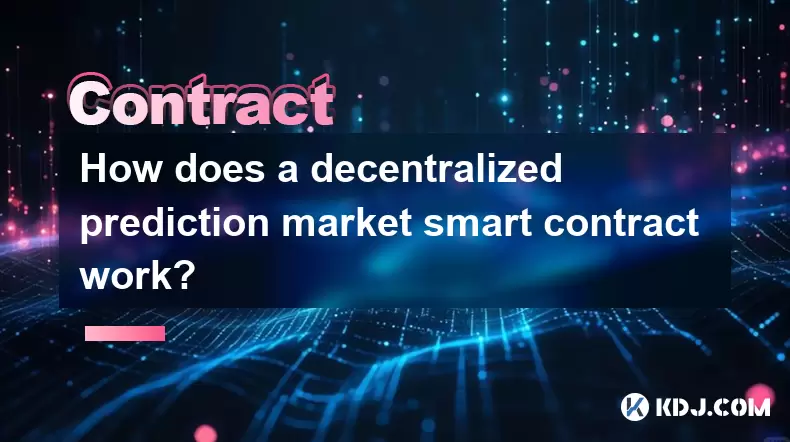
Understanding Decentralized Prediction Markets
A decentralized prediction market is a platform that allows users to bet on the outcome of real-world events using blockchain technology. Unlike traditional prediction markets, which rely on centralized entities to verify outcomes and manage funds, decentralized versions use smart contracts to automate the entire process. These smart contracts are self-executing agreements with the terms directly written into code.
In such systems, participants buy and sell shares in the possible outcomes of an event. Once the event concludes, the actual result determines who wins or loses based on their positions. The key innovation lies in how these contracts are enforced without intermediaries, ensuring transparency, fairness, and immutability.
The Role of Smart Contracts in Prediction Markets
Smart contracts serve as the backbone of any decentralized prediction market. They handle various critical functions including:
- Event creation: A user can create a new market for a specific event by defining its parameters like title, description, end date, and possible outcomes.
- Fund management: Participants deposit cryptocurrency (e.g., ETH) into the contract when they make predictions.
- Outcome resolution: After the event concludes, data from trusted oracles or community reporting mechanisms is used to determine the correct outcome.
- Payout distribution: Winners receive their share of the pot automatically once the outcome is confirmed.
Each step is executed via predefined rules encoded in the smart contract, eliminating the need for trust in a central authority. This ensures that all transactions are transparent and tamper-proof.
Creating a Market Using a Smart Contract
To initiate a new market, a participant interacts with the smart contract by sending a transaction containing the following information:
- Title of the event
- Description or details about the event
- Timestamps for opening and closing the market
- Possible outcomes (e.g., “Yes” or “No”, or multiple options)
The contract then generates a unique identifier for this market and stores it on the blockchain. Users can now interact with this market by buying outcome tokens or creating liquidity pools depending on the protocol’s design.
For example, if someone wants to predict whether a particular candidate will win an election, they would purchase 'Yes' or 'No' tokens tied to that market. Each token represents a claim on the final payout if the corresponding outcome occurs.
User Participation and Token Trading
Once a market is active, users can engage in several ways:
- Buying outcome tokens: Users can purchase tokens representing different outcomes by depositing funds into the smart contract.
- Selling or trading tokens: Depending on the platform's structure, users might trade their tokens with others before the event concludes.
- Providing liquidity: Some platforms allow users to supply funds to liquidity pools, enabling smoother trading and earning fees in return.
These interactions are governed by the logic embedded in the smart contract. For instance, if a user buys a 'Yes' token for $10 and later sells it for $15 due to shifting probabilities, the contract facilitates the transfer of ownership and value securely.
Resolving Events and Distributing Payouts
After the event has concluded, the next crucial phase is resolving the outcome. This is typically handled through:
- Oracle services: Trusted third-party data providers feed real-world results into the blockchain.
- Community reporting: In some models, token holders vote on the correct outcome, often incentivized to report truthfully through economic penalties or rewards.
Once the outcome is validated, the smart contract triggers the final settlement. It calculates the total pool of funds, subtracts any fees, and distributes the winnings proportionally among those who backed the correct outcome.
For example, if 80% of the funds were placed on the winning outcome, each winner receives a proportional share of the total pool multiplied by their contribution percentage.
Security and Trustlessness in Decentralized Prediction Markets
One of the core advantages of using smart contracts in prediction markets is the elimination of counterparty risk. Since all actions are automated and recorded on-chain, there is no possibility of manipulation or fraud by any party. The code enforces every rule, and because the contract is open-source, anyone can audit it for vulnerabilities or unfair practices.
Additionally, cryptographic signatures ensure that only authorized users can interact with their funds. Even during high-stakes events, the system remains resilient due to the distributed nature of blockchain networks.
However, challenges such as oracle reliability and dispute resolution still exist. To mitigate risks, many platforms implement multi-oracle setups or decentralized adjudication layers where disputes can be resolved through consensus.
Frequently Asked Questions
Q: What happens if the oracle provides incorrect data?A: Most platforms have safeguards such as reputation systems or dispute periods where users can challenge inaccurate data. If proven wrong, oracles may lose their stake or be penalized.
Q: Can I withdraw my funds before the event ends?A: Yes, depending on the platform. Some allow early exits through peer-to-peer trading of outcome tokens, while others lock funds until resolution.
Q: Are decentralized prediction markets legal?A: Legal status varies by jurisdiction. While some countries regulate them under gambling laws, others have not yet established clear guidelines.
Q: How are fees calculated in these markets?A: Fees are typically deducted from the total pool upon settlement. The smart contract defines the fee rate, which may vary based on platform governance or creator settings.
Disclaimer:info@kdj.com
The information provided is not trading advice. kdj.com does not assume any responsibility for any investments made based on the information provided in this article. Cryptocurrencies are highly volatile and it is highly recommended that you invest with caution after thorough research!
If you believe that the content used on this website infringes your copyright, please contact us immediately (info@kdj.com) and we will delete it promptly.
- Bitcoin Drops Amidst Analyst Warnings and Shifting Market Sentiment
- 2026-02-05 09:40:02
- Georgia Brothers Sentenced to 20 Years for Elaborate COAM Gambling Fraud Scheme
- 2026-02-05 09:45:01
- MicroStrategy Stock Loss: Pension Funds Face 60% Plunge Amidst Crypto Volatility
- 2026-02-05 10:55:01
- Super Bowl LX: Teddy Swims, Green Day, and a Legacy Toss Set for 2026 Extravaganza
- 2026-02-05 07:20:02
- Fantasy Football Premier League Round 25: Key Player Picks, Tips, and Advice for Optimal Team Performance
- 2026-02-05 07:15:02
- Remittix Launches PayFi Platform with a Generous 300% Bonus Offer, Driving Investor Excitement
- 2026-02-05 07:05:01
Related knowledge

How to Manage Emotions and "Revenge Trading" in Futures?
Feb 05,2026 at 12:19am
Understanding Emotional Triggers in Futures Markets1. Market volatility directly impacts psychological states, often amplifying fear or euphoria based...

How to Analyze Market Sentiment Using the Fear and Greed Index?
Feb 05,2026 at 07:40am
Understanding the Fear and Greed Index1. The Fear and Greed Index is a composite metric designed to quantify prevailing emotional states among cryptoc...
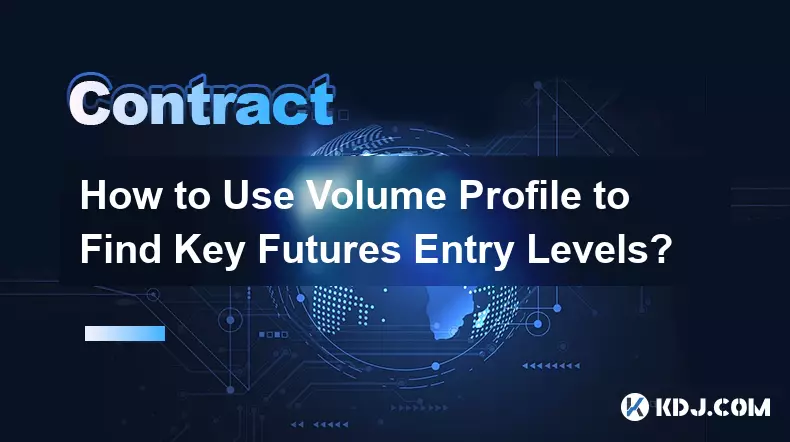
How to Use Volume Profile to Find Key Futures Entry Levels?
Feb 04,2026 at 11:39pm
Understanding Volume Profile Structure1. Volume Profile displays the distribution of traded volume at specific price levels over a defined time period...
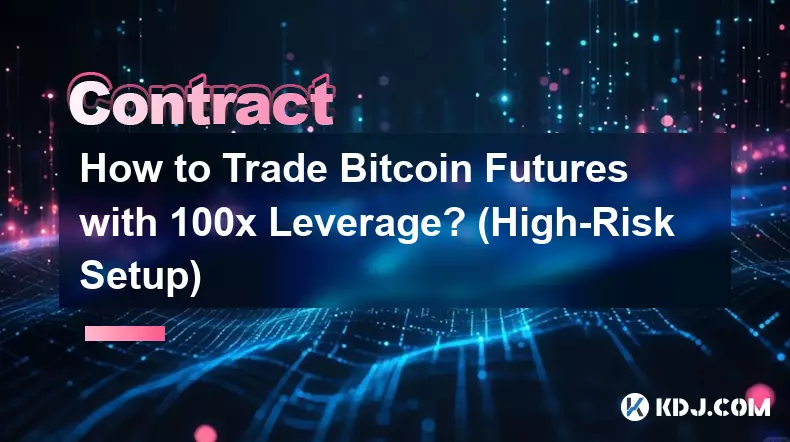
How to Trade Bitcoin Futures with 100x Leverage? (High-Risk Setup)
Feb 05,2026 at 11:00am
Understanding Bitcoin Futures Mechanics1. Bitcoin futures contracts represent agreements to buy or sell BTC at a predetermined price and date in the f...
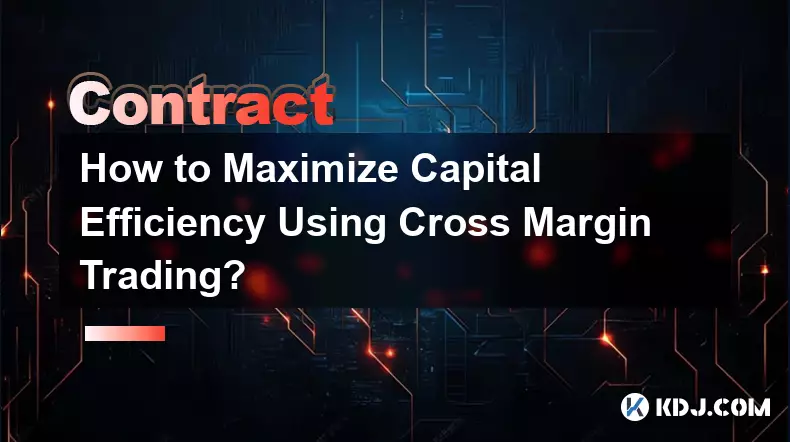
How to Maximize Capital Efficiency Using Cross Margin Trading?
Feb 05,2026 at 12:40am
Cross Margin Trading Fundamentals1. Cross margin trading allows traders to use their entire account balance as collateral for open positions across mu...
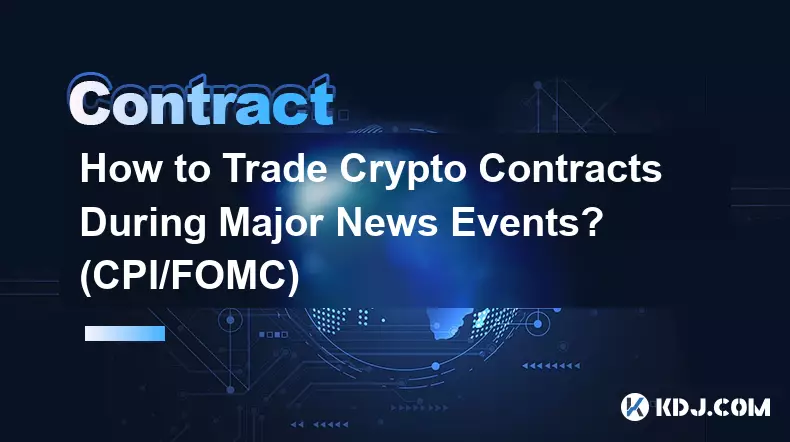
How to Trade Crypto Contracts During Major News Events? (CPI/FOMC)
Feb 05,2026 at 09:59am
Understanding Market Sensitivity to Macro Data Releases1. Cryptocurrency futures markets exhibit pronounced volatility during U.S. CPI and FOMC announ...

How to Manage Emotions and "Revenge Trading" in Futures?
Feb 05,2026 at 12:19am
Understanding Emotional Triggers in Futures Markets1. Market volatility directly impacts psychological states, often amplifying fear or euphoria based...

How to Analyze Market Sentiment Using the Fear and Greed Index?
Feb 05,2026 at 07:40am
Understanding the Fear and Greed Index1. The Fear and Greed Index is a composite metric designed to quantify prevailing emotional states among cryptoc...

How to Use Volume Profile to Find Key Futures Entry Levels?
Feb 04,2026 at 11:39pm
Understanding Volume Profile Structure1. Volume Profile displays the distribution of traded volume at specific price levels over a defined time period...

How to Trade Bitcoin Futures with 100x Leverage? (High-Risk Setup)
Feb 05,2026 at 11:00am
Understanding Bitcoin Futures Mechanics1. Bitcoin futures contracts represent agreements to buy or sell BTC at a predetermined price and date in the f...

How to Maximize Capital Efficiency Using Cross Margin Trading?
Feb 05,2026 at 12:40am
Cross Margin Trading Fundamentals1. Cross margin trading allows traders to use their entire account balance as collateral for open positions across mu...

How to Trade Crypto Contracts During Major News Events? (CPI/FOMC)
Feb 05,2026 at 09:59am
Understanding Market Sensitivity to Macro Data Releases1. Cryptocurrency futures markets exhibit pronounced volatility during U.S. CPI and FOMC announ...
See all articles










































































